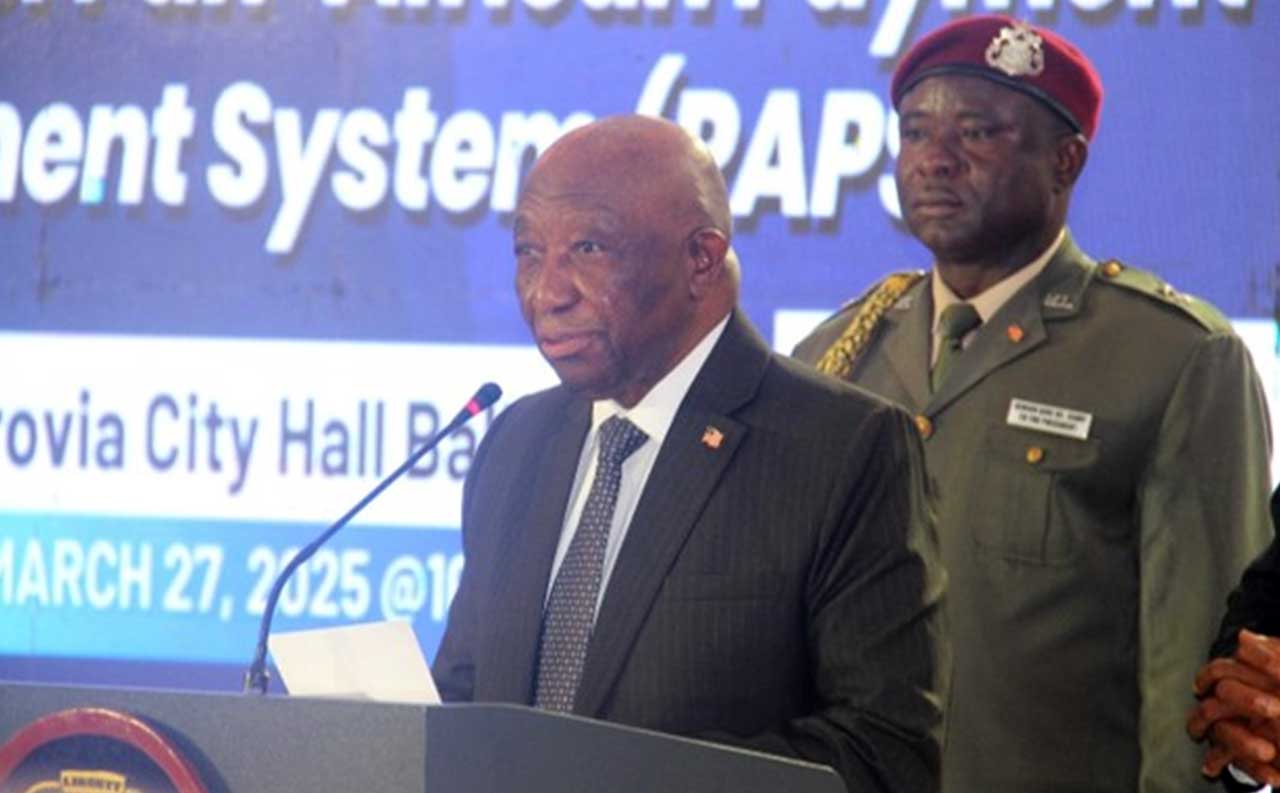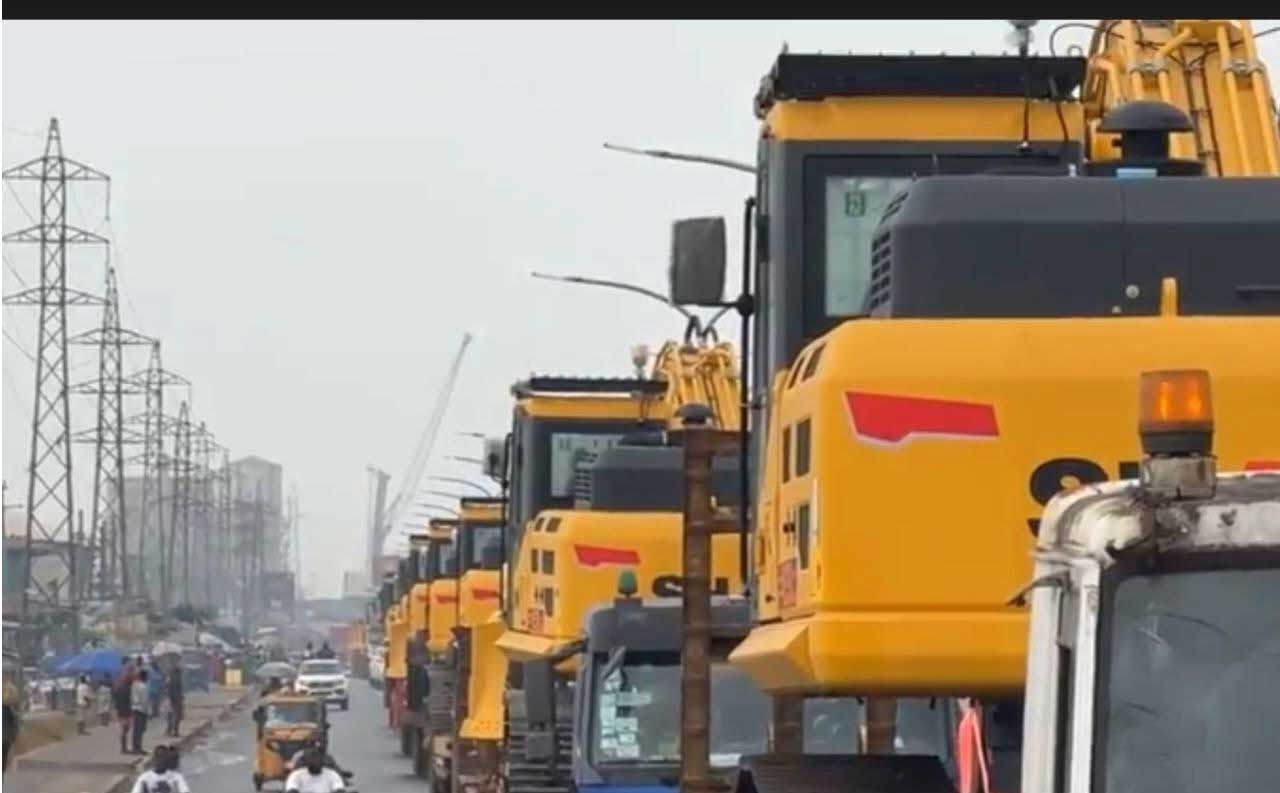President Joseph Nyuma Boakai has unveiled the National Financial Education Program (Fin-Ed) and the Pan-African Payment & Settlement System (PAPSS), initiatives he says will drive inclusive economic growth and align with the government’s ARREST Agenda.
Speaking at the March 27 launch at Monrovia City Hall, President Boakai described the programs as game-changers in Liberia’s economic development, particularly in financial inclusion and regional trade. The event drew senior government officials, development partners, business leaders, and financial stakeholders under the theme, “Inclusive Economic Growth Through Financial Education and PASS.”
The Central Bank of Liberia (CBL), with technical support from the World Bank Group, is spearheading the National Financial Education Strategy (NFES) to improve financial literacy and responsible financial behavior among Liberians.
The initiative aims to equip citizens, especially women and low-income earners, with the knowledge to manage money effectively and make informed financial decisions.
PAPSS, meanwhile, is positioned as a critical financial infrastructure for Africa’s economic integration, enabling seamless intra-African trade through local currency transactions. By reducing reliance on foreign currencies for cross-border payments, the system is expected to stabilize economies and ease exchange rate pressures.
President Boakai emphasized that financial literacy and accessibility are vital to his administration’s vision for inclusive development. “This is exactly what the ARREST Agenda is about—empowering our people with financial knowledge and ensuring they have access to tools that drive economic growth,” he said.
He stressed that financial education would help marginalized groups start businesses, save for the future, and participate more actively in Liberia’s economy. The President also hailed PAPSS as a critical step toward financial sovereignty, noting that reducing dependence on the U.S. dollar for transactions would strengthen the Liberian dollar and promote economic resilience.
“With PAPSS, we are taking steps to reduce foreign currency dependency, stabilize our economy, and build international reserves,” Boakai stated.
CBL Executive Director Henry F. Saamoi reaffirmed the bank’s commitment to leading PAPSS implementation in Liberia, revealing that eight out of nine commercial banks, including Ecobank, UBA, IBLL, and Access Bank, have already joined the platform.
“With this system, a Liberian purchasing goods from Ghana no longer needs to convert Liberian dollars to U.S. dollars. The transaction is settled instantly in local currencies at central bank rates,” Saamoi explained.
He highlighted PAPSS’s role in reducing inflationary pressures and ensuring financial stability across Africa. Mike Ogbalu, CEO of PAPSS, described the initiative as a turning point for intra-African trade, allowing instant, round-the-clock transactions across the continent.
“A textile supplier in Monrovia can now buy from Ghana or Nigeria without worrying about currency conversion delays,” he said, adding that PAPSS aims to boost regional trade rather than replace international markets.
Currently, 85% of Africa’s trade is conducted with external markets. Ogbalu noted that shifting even 10% of that trade within the continent could generate jobs, stabilize economies, and increase Africa’s global economic influence.
President Boakai called on stakeholders in Liberia’s financial sector to actively engage in the Financial Education Program and PAPSS to expand financial access and economic empowerment.
He also commended the Central Bank for its leadership in aligning financial policies with the government’s national development agenda. “With collective effort, we can make these initiatives work for every Liberian,” he said.



